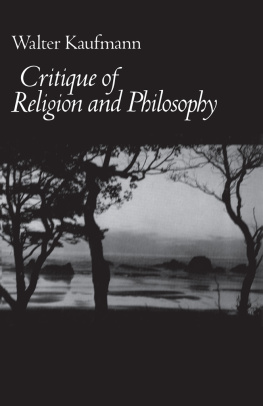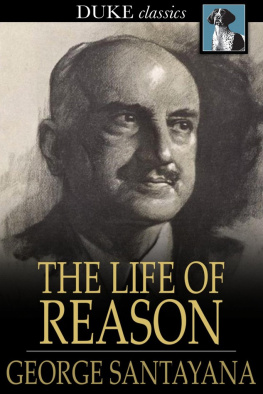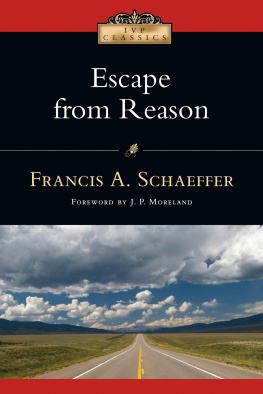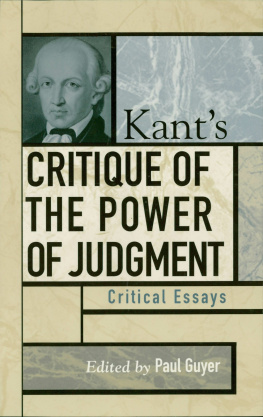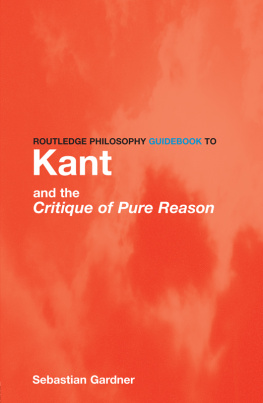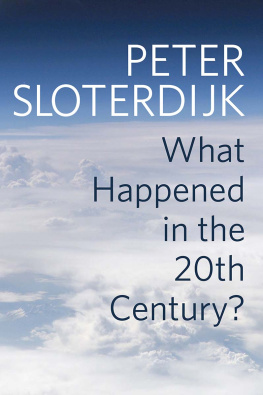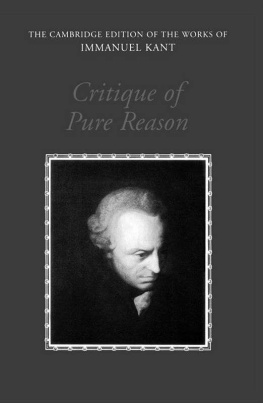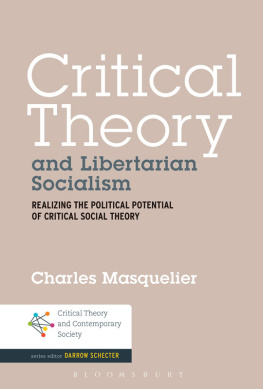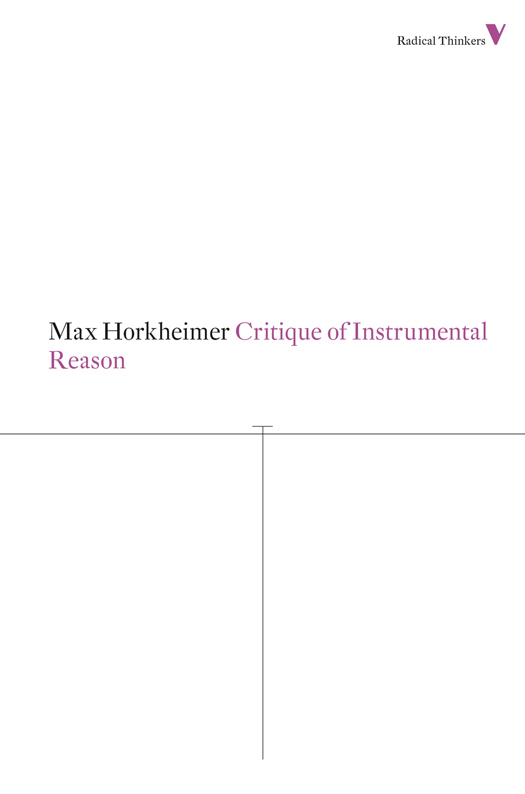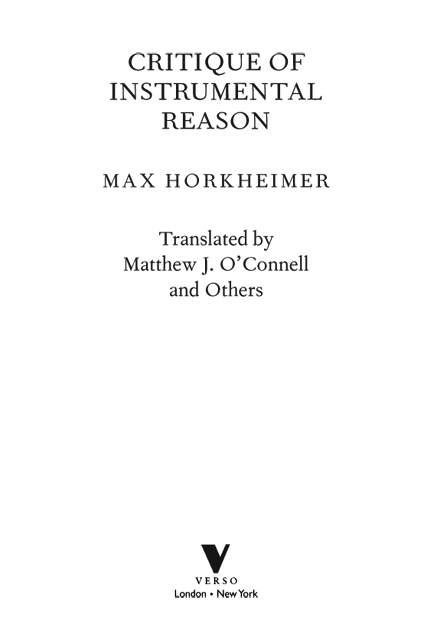Published by Verso 2012
Verso 2012
First published in English by the Seabury Press 1974
Translated by Matthew J. OConnell and others
All rights reserved
The moral rights of the author have been asserted
Verso
UK: 6 Meard Street, London W1F 0EG
US: 20 Jay Street, Suite 1010, Brooklyn, NY 11201
www.versobooks.com
Verso is the imprint of New Left Books
ISBN-13: 978-1-78168-023-0
eISBN-13: 978-1-78168-035-3 (US)
eISBN-13: 978-1-78168-990-5 (UK)
British Library Cataloguing in Publication Data
A catalogue record for this book is available from the British Library
Library of Congress Cataloging-in-Publication Data
A catalog record for this book is available from the Library of Congress
v3.1
Contents
Foreword
Reason for a long period meant the activity of understanding and assimilating the eternal ideas which were to function as goals for men. Today, on the contrary, it is not only the business but the essential work of reason to find means for the goals one adopts at any given time. And it is considered superstitious to think that goals once achieved are not in turn to become means to some new goal. For centuries obedience to God was the means of winning his favor, but also the way to rationalize every kind of subjugation, crusades of conquest, and terrorism. Ever since Hobbes, however, men shaped by the Enlightenment, be they theists or atheists, have considered the commandments to be socially useful moral principles that will promote a life as free as possible from friction, peaceful relations between equals, and respect for the status quo. When stripped of its theological garb, Be reasonable means: Observe the rules, without which neither the individual nor society as a whole can survive; do not think only of the present moment. Reason is considered to come into its own when it rejects any status as an absolute (reason in the intensified sense of the word) and accepts itself simply as a tool. It is true, of course, that there have in modern times been serious attempts to give a theoretical grounding for the claim As it has in other areas of a culture touched by decadence, the twentieth century has here seen history repeating itself. In 1900, the year of Nietzsches death, Husserl published his Logische Untersuchungen, which was a new effort to give a strictly scientific basis for the claim that we perceive spiritual reality and have an intuition of essences. Husserl himself was thinking primarily of logical categories, but Max Scheler and others extended the doctrine to moral structures as well. The enterprise was marked from the beginning by an effort to turn the clock back. For it is an inner necessity that has led to the self-surrender by reason of its status as a spiritual substance. The function of theory today is to reflect upon and give expression to the whole process which we have here briefly indicated: the socially conditioned tendency toward neo-Positivism or the instrumentalization of thought, as well as the vain efforts to rescue thought from this fate.
In response to requests that a complete collection of my writings might be published, I decided for the moment only on a selection of pieces that had appeared At the end of the Nazi period (I though at the time) a new day, the beginning of an authentically human history, would dawn in the developed countries as the result of reforms or revolution. Along with the other founders of Scientific Socialism, I thought that the cultural gains of the bourgeois erathe free development of human powers, a spiritual productivitybut stripped now of all elements of force and exploitation, would surely become widespread throughout the world.
My experiences since that time have not failed to affect my thinking. The communist states, which make use of the same Marxist categories to which my own efforts in the realm of theory owe so much, are certainly no closer to the dawn of that day than are the countries in which, for the moment at least, the freedom of the individual has not yet been snuffed out. Given this situation, I decided that, along with some other studies, my various reflections on reason should be the first essays to appear in a collection. These reflections, which underlie my earlier studies as well, support, I hope, the contention that the rule of freedom, once brought to pass, necessarily turns into its opposite: the automatizing of society and human behavior. The pieces brought together here are efforts at reflection under the awareness of that contradiction, and without losing sight of either side of it.
Selection and revision are the work of Dr. Alfred Schmidt. Without his understanding and dedication this volume could not have appeared.
M AX H ORKHEIMER
May, 1967

THE CONCEPT OF MAN
(1957)
When contemporary philosophers speak of man, they seldom fail to note that the fundamental philosophical problem, the problem of being as such, is inseparable from the problem of man. At least in Europe in recent times, philosophy, including existentialism (the philosophy of concrete existence) is characterized by the fact that in it the doctrine of being as such arises, if not objectively, then at any rate in the process of reflection, only after the effort to win insight into man.
Such a state of affairs would seem to be due to the very nature of the question, if nothing else. For one thing, man the knower is himself part of the totality, of the world and all it contains; he is therefore able to perceive within himself, and perhaps even more clearly there than elsewhere, the being with which he must come to grips philosophically. In addition, an understanding of the very question of being, and consequently of the conditions which any response must satisfy and to which indeed any response is antecedently subject, require mans entering into himself and especially into his own thinking and philosophizing. In this respect, the most recent ontological philosophy is following in the footsteps of that older critical philosophy which it rejects. Classical German idealism began with an analysis of thought, with a rigorous exposition of the requirements which metaphysical answers must meet, with the critique of reason. The now dominant ontological trend likewise turned its attention first of all to the meaning of philosophical questions and then proceeded to man and finally to that being which supposedly embraces every individual reality and the questioner himself. Ontology is thus related to German idealism in many respects, and perhaps it is again discovering behind hidden being, as idealism did behind the unknowable thing-in-itself, the subject and spirit and activity. Yet the tone of both question and answer is different today, and it is worth our while to dwell briefly on it.
Kant reduced the concern with man to three questions: What can I know? What ought I to do? What may I hope? Such is the consequence of mans autonomy. Kants assurance that the realization of right order and the removal of contradictions belong to the infinite, intelligible world, is intended to help bring about change in the finite world. Hope that urges men on and guides their action is a constitutive element in the Kantian system and plays a role in even the subtlest transcendental analyses, as it is does not in mere epistemology.


